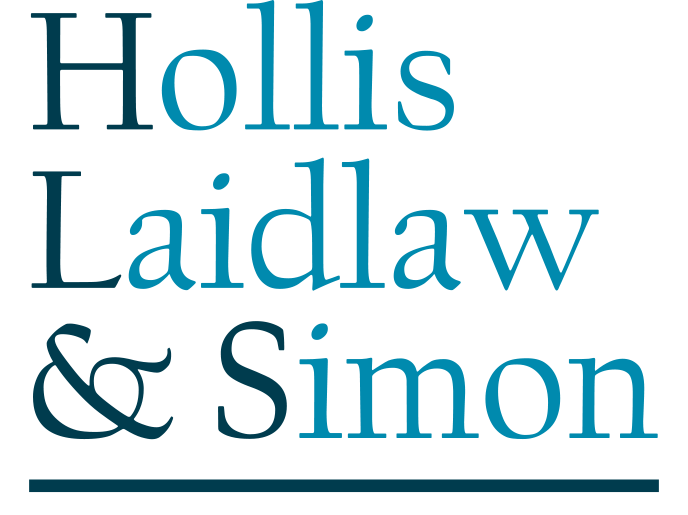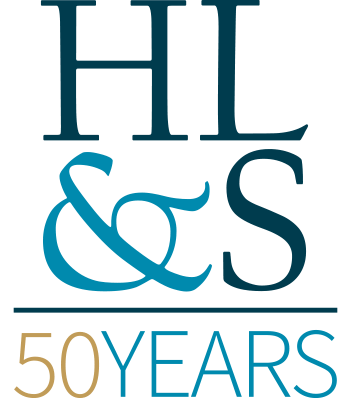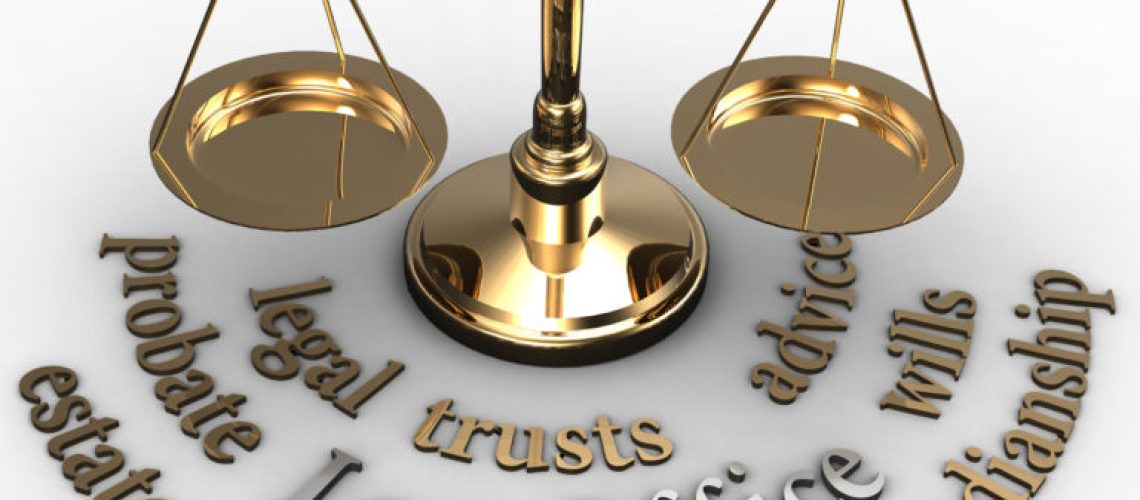In New York State, there are two legal proceedings that deal with the appointment of a guardian for an individual who is deemed incapacitated. These proceedings are commenced either under Mental Hygiene Law (MHL) Article 81 or Surrogate’s Court Procedure Act (SCPA) 17-A. While both proceedings largely serve the same purpose, there are significant differences between the two.
MHL Article 81 proceedings are governed by the Mental Hygiene Law (MHL) and are used to appoint a guardian for an individual who is incapacitated due to a mental or physical disability that impacts the individual’s ability to manage his or her own affairs and to make decisions. The petition can be filed by anyone who has an interest in the welfare of the incapacitated person, including family members, friends, or healthcare providers. Article 81 guardianships are often commenced on behalf of elderly individuals who suffer from age-related memory loss or illnesses that have diminished their ability to manage their affairs, such as Alzheimer’s Disease. The court will appoint a guardian who has the authority to make decisions on behalf of the incapacitated person, concerning such things as medical treatment, financial management, and living arrangements. The guardian is required to file annual reports with the court to ensure that they are acting in the best interests of the incapacitated person.
On the other hand, SCPA 17-A proceedings are governed by the Surrogate’s Court Procedure Act (SCPA) and are used to appoint a guardian for an individual who is deemed to be intellectually disabled or developmentally disabled. The petition can only be filed by the parent, spouse, or other close relative of the intellectually disabled person. The court will appoint a guardian who has the authority to make decisions on behalf of the intellectually disabled person, such as medical treatment, financial management, and living arrangements. The guardian is required to file annual reports with the court to ensure that they are acting in the best interests of the intellectually or developmentally disabled person.
One of the main differences between MHL Article 81 and SCPA 17-A proceedings is the scope of the guardianship. MHL Article 81 guardianships are often broader in scope and can be used to address a wide range of issues related to the incapacitated person’s well-being. SCPA 17-A guardianships, on the other hand, are more limited in scope and are primarily focused on the intellectually or developmentally disabled person’s financial and personal affairs.
Another difference between the two proceedings is the level of scrutiny involved. MHL Article 81 proceedings require a higher level of scrutiny than SCPA 17-A proceedings. The court will appoint an independent evaluator to assess the incapacitated person’s capacity and make recommendations to the court. The court will also appoint an attorney to represent the incapacitated person. The court will also hold a hearing to determine whether the appointment of a guardian is necessary and, if so, what powers the guardian should have. In SCPA 17-A proceedings, on the other hand, an attorney is generally not appointed to represent the intellectually or developmentally disabled person and often a full hearing is not required. Typically, the court will appoint a guardian based on the petition, the supporting documentation, and the recommendation of a Guardian Ad Litem (an independent appointee) that the appointment of a guardian is in the best interest of the individual.
MHL Article 81 Guardianship ( Article 81)
Guardianships under MHL Article 81 are primarily utilized for elderly persons or trauma victims and more rarely they can be used for a person who is intellectually or developmentally disabled. The guardian is granted only such powers that the court deems are necessary for the person’s personal needs and/or property management needs. These needs may include:
- Food
- Shelter
- Clothing
- Transportation
- Health care
- Financial affairs
- Management of the person’s property
If an elderly family member or relative has been diagnosed with dementia, it may be necessary to establish a guardianship to take care of his or her personal and property needs to ensure their health, safety and comfort.
Surrogate’s Court Procedure Act 17-A (Article 17-A):
The other type of guardianship in New York is the Article 17-A of the Surrogate Court Procedure Act (“SCPA Article 17-A”), which is only used for the establishment of a guardianship for a person who is intellectually or developmentally disabled. The Surrogate’s Court is responsible for granting this type of guardianship. The Court can appoint the guardian as a guardian of the person, property or both.
Under the SCPA Article 17-A, a person who is developmentally or intellectually disabled is a person who has been certified as such by one licensed physician and one licensed psychologist, or by two licensed physicians. In the case of a developmentally disabled person, the disability may be attributable to cerebral palsy, epilepsy, neurological impairment, autism or traumatic head injury or any other closely related condition.
If you are a parent of a child who is intellectually or developmentally disabled and about to turn 18, then you may want to establish an Article 17-A guardianship so that you have the legal authority to continue to look out for the health, education and welfare of your child once they turn 18.
Overall, while both laws address guardianship issues in New York, they differ in their scope, the typical age of individuals covered. In addition, Article 17-A is almost purely diagnosis driven, while Article 81 requires a determination based on functional incapacity, the individual’s appreciation of danger, and the danger itself.
Under Article 81, the powers granted by the court to the guardian with respect to the incapacitated person represent only those powers which are necessary to provide for that person’s personal needs and/or property management and which are consistent with affording that person the greatest amount of independence and self-determination in light of that person’s understanding and appreciation of the nature and consequences of his or her functional limitations Unlike Article 81, Article 17-A is plenary and provides no flexibility as to powers given to Guardians
Article 81 and Article 17-A guardianships are complex. It is recommended that you seek the assistance of an experienced New York estate and guardianship attorney to help you establish the guardianship. Laidlaw & Simon can help you decide whether either SCPA 17A or MHL 81 guardianship is right for your loved one.













